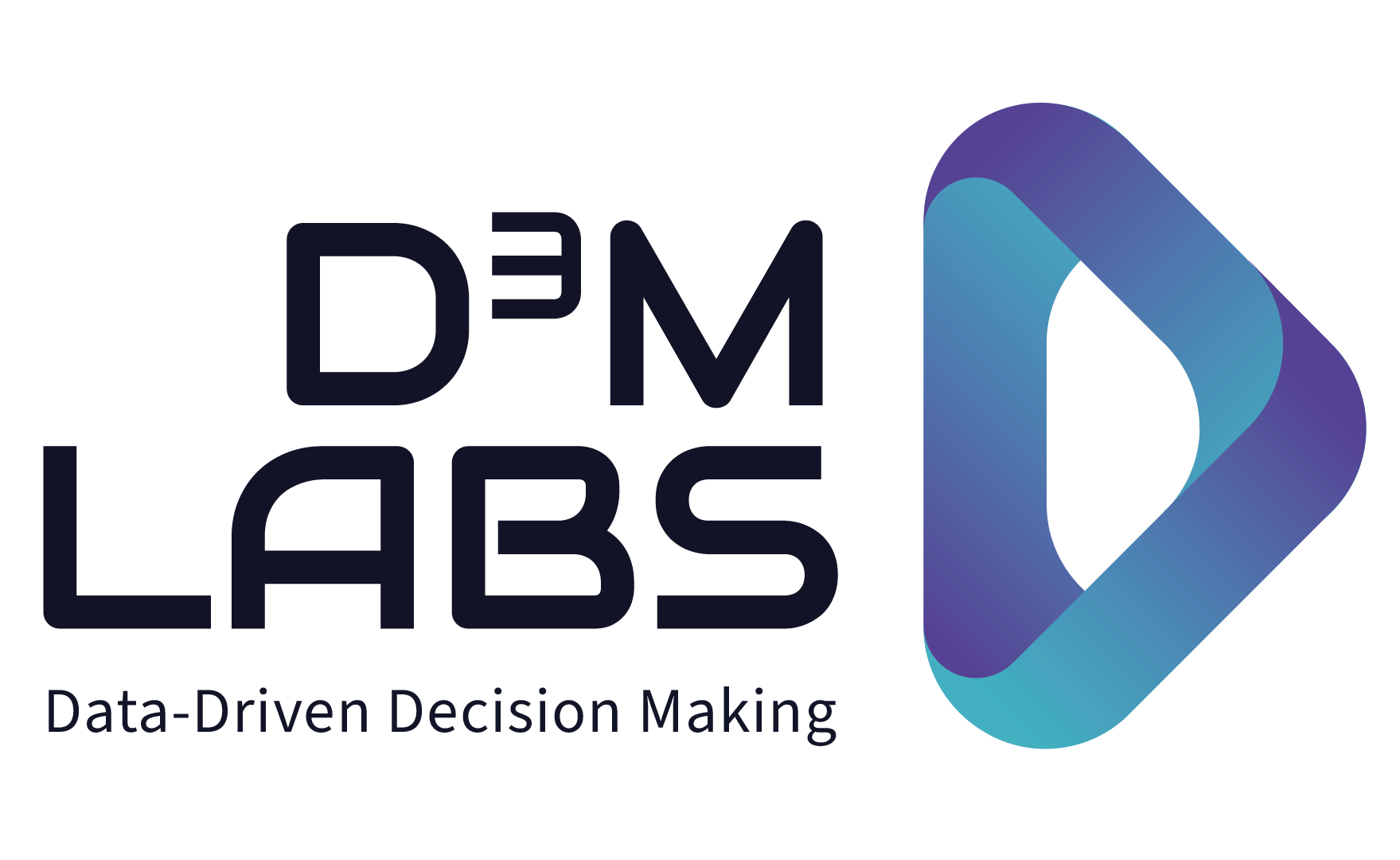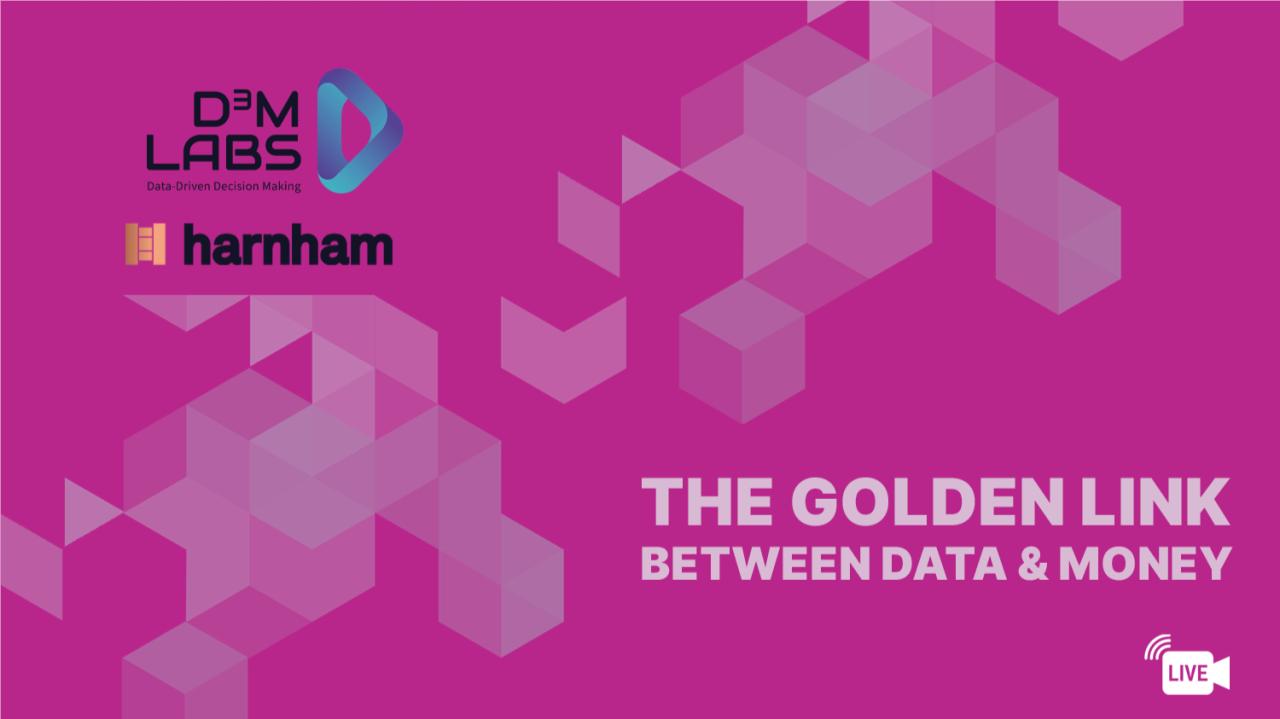Autor: Elizabeth Press
The future of the analyst
This week D3M Labs releases the 3 part series: „The Future of the Analyst.“ Is the role of the analyst endangered? What is the future of the most visible role in analytics, and the one responsible for delivering the insight? What is the future of the analyst?
Fall in love with the problem, not the data – an interview with Mor Eini
Mor Eini’s career started in the Israeli Defense Force in the Office of the Prime Minister and took her to the VC ecosystem in Berlin. Mor Eini from APX, which is an early stage investor, explains how she evaluates a startup’s use of data. Mor also talks about the Israeli and Berlin ecosystems. She also shares her insights as a B2B investor on how data is a tool to create, foster, accelerate innovation, but data is not the innovation.
Tackling machine learning enemy #1, poor data quality – an interview with Sahar Changuel, PhD
Data quality is a business problem, as well as a tech problem. It is the biggest enemy of data-driven business and machine learning. Bad quality data can block or render a data project or machine learning use case unusable and thus a waste of money, human resources and time. Tackling data quality needs to be a targeted, systemic and ongoing, rather than a huge, one time cathartic event.
Building defensibility with Data Moats – an interview with Raúl Berganza Gómez
Competitive advantages enable your business to be successful. Defensibility is what you need to keep that competitive advantage. Data Moats leverage data to create parts of your business that are hard for competitors to replicate. In an open source, fast-moving digital world, building a deep moat gives your business the margin and time to maintain competitiveness.
Growing the AI Guild – An interview with Dânia Meira, Co-Founder and Director of the AI Guild
The AI Guild has become a brand synonymous with AI thought leadership and expertise in the Berlin Tech Scene and beyond. Immigration, integration, sharing personal challenges and working together towards professional growth are all elements of the human story behind the technology that are talked about in this interview and retrospective.
Bridging the gap between data and money
This article was co-authored by Elizabeth Press and Peter Schroeter Data is a top priority on almost…
Data only has financial value if it can be monetized – An interview with Michael Guthammar
Having no physical form, data is an intangible asset. Data is often a contributory asset as well, its value being realized via the ability to generate profit through, for example, insight used in decision making or algorithmic-product such as a recommendation engine. Certain methods and considerations are required when valuing data.
Die Interoperabilität von Daten als Voraussetzung für Innovation im Gesundheitswesen – Ein Gespräch mit Jörg Godau
Startups im Gesundheitswesen wie doctorly sehen die Chance, mit SaaS-Plattformen, die auf offenen Standards im Gesundheitswesen basieren, das Rad neu zu erfinden. Das etablierte Gesundheitssystem basiert auf einer fragmentierten Landschaft von Softwareanbietern und Datenlösungen. Dateninteroperabilität bietet die Chance, Innovationen im Gesundheitswesen in Deutschland und darüber hinaus zu ermöglichen.
Data interoperability is a precondition for healthcare innovation – An interview with Jörg (Jack) Godau
Healthtech startups such as doctorly and others see the opportunity to reinvent the wheel with SaaS platforms based on open standards in healthcare. The incumbent healthcare system is based on a fragmented landscape of software providers and data solutions. Data interoperability presents an opportunity to unblock innovation in healthcare in Germany and beyond.
Tech debt sloth breeds a culture of sloppy operations – An interview with Daniele Marmiroli, PhD
Tech debt is often unavoidable in most early stage startups. Not fixing the tech debt as a company gets traction and scales is more of a problem than the original creation of the tech debt. Turning a blind eye to tech debt has implications beyond the stack and creates an unstructured and sloppy culture.









